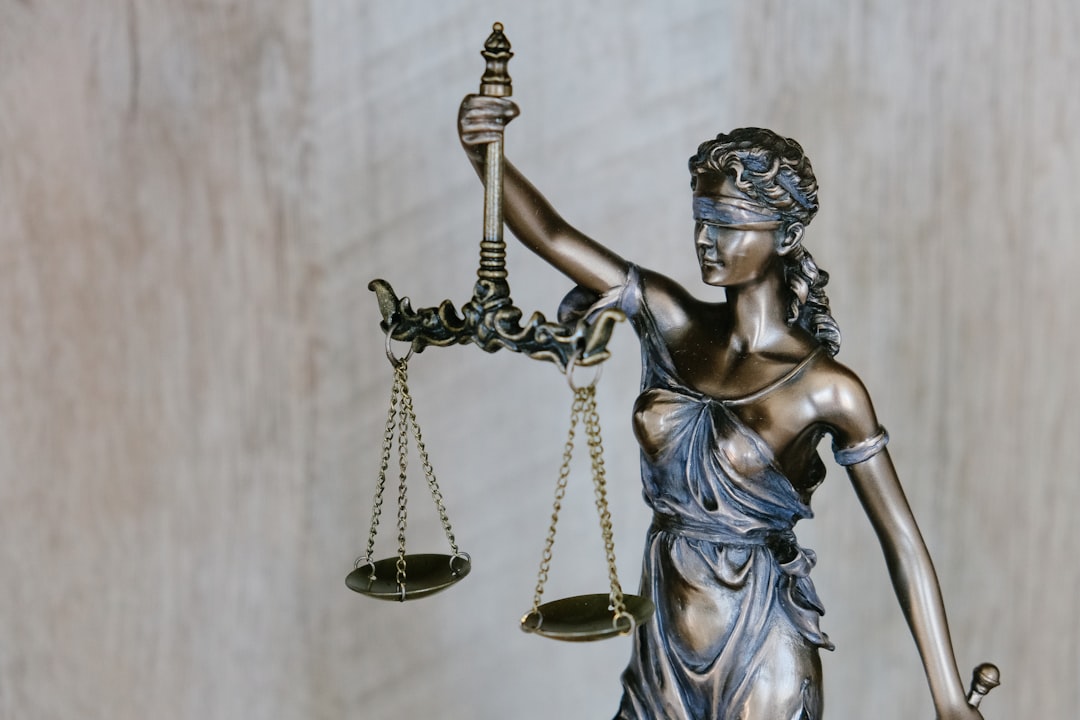In Los Angeles, social media has become an indispensable tool for elderly sexual assault attorneys, aiding in investigations and prosecutions by revealing victim interactions and potential abusers through public posts, messages, and online activities. This modern approach helps connect dots between individuals and locations, uncovering abuse patterns. However, attorneys must navigate privacy concerns, content authenticity, and admissibility to ensure fair trials while leveraging social media evidence effectively. Strategic use of social media offers a unique advantage in building robust cases for elderly sexual assault attorney Los Angeles.
In the digital age, social media evidence plays a pivotal role in Los Angeles elder sexual abuse lawsuits. This powerful tool can expose hidden truths and shed light on cases that often remain undiscovered. An elderly sexual assault attorney in Los Angeles must understand how to navigate this complex landscape, leveraging platforms like Facebook, Instagram, and Twitter for crucial insights. The article delves into the legal implications, effective strategies, and potential challenges associated with using social media evidence, providing invaluable guidance for these sensitive cases.
Understanding Social Media's Role in Elder Sexual Abuse Cases
In recent years, social media has emerged as a powerful tool in investigating and prosecuting elder sexual abuse cases in Los Angeles. As an elderly sexual assault attorney Los Angeles, it’s crucial to leverage digital platforms to uncover evidence that might otherwise remain hidden. Social media provides a window into the lives of victims, offering insights into their interactions and potential abusers. With proper legal guidance, posts, messages, and online activities can be analyzed to build compelling cases against perpetrators.
This modern approach allows for more comprehensive investigations. Unlike traditional methods, social media can connect dots between different individuals and locations, revealing patterns that suggest abuse or exploitation. This digital evidence is particularly valuable in Los Angeles, a bustling metropolis with a diverse population. By utilizing social media tools effectively, elderly sexual assault attorneys can ensure justice is served and protect vulnerable individuals from future harm.
The Legal Implications of Using Social Media Evidence
In Los Angeles, where navigating complex legal landscapes is paramount, the utilization of social media evidence in elder sexual abuse lawsuits has significant implications. Elderly sexual assault attorneys must carefully curate and present digital information to establish a compelling case. Social media platforms offer a unique window into an individual’s life, behaviors, and interactions, which can be pivotal in proving or disproving allegations. However, legal professionals also face the challenge of ensuring the admissibility and authenticity of such evidence, as it may undergo changes or face privacy concerns.
The digital footprint left by social media posts and online activities provides a powerful tool for elderly sexual assault attorneys in Los Angeles. They can leverage these platforms to uncover relevant facts, connect dots between events, and strengthen their arguments. Yet, they must adhere to strict legal guidelines regarding the use of such evidence, including privacy laws and ethical considerations, to ensure fair trials and protect the rights of all parties involved.
Strategies for Effective Use and Potential Challenges in Court
The effective use of social media evidence in Los Angeles elder sexual abuse lawsuits requires a strategic approach, especially with the ever-evolving digital landscape. Elderly sexual assault attorneys in Los Angeles can leverage social media platforms to uncover relevant information and build compelling cases. One key strategy is to employ advanced search techniques on public profiles to identify potential witnesses or victims who may have shared details about the abuse online. Public posts, comments, and interactions can provide valuable insights into the perpetrator’s behavior and the victim’s experiences, offering strong evidence in court.
However, navigating potential challenges in presenting this digital evidence is crucial. Issues such as privacy concerns, the authenticity of online content, and the admissibility of social media posts require careful consideration. Lawyers must ensure that they obtain proper authorization for accessing private accounts, verify the accuracy of shared information, and understand the legal framework governing the use of digital evidence to avoid any objections or dismissals during trials.





